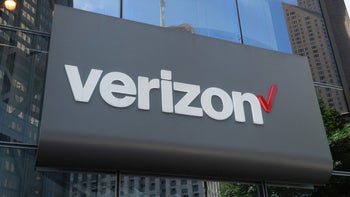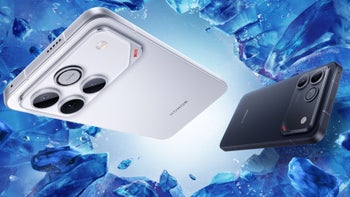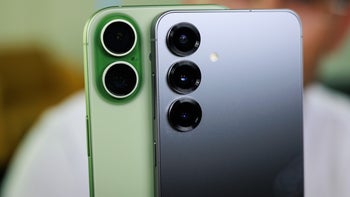Confirmed: the Samsung Galaxy S III is polycarbonate, not plain plastic

Just about every article around has been giving the upcoming Samsung Galaxy S III generally good reviews except for one downside: the casing. Everyone, including us, were convinced that the Galaxy S III was using a plastic case, but we just got word from Samsung that the phone is better than you think. There had been some confusion over the Samsung Galaxy S III casing, but the word straight from Samsung is that the case is in fact made of polycarbonate, not just regular plastic.
The word that we got straight from Samsung was that the Galaxy S III casing is in fact polycarbonate, but we wanted to make sure that mean the entire case, including the battery cover, and it took a bit of time for the confirmation to come back, but here it is direct from Samsung:
Polycarbonate is used on the battery cover. Polycarbonate is lightweight, solid and is already being widely used in the mobile industry. It was chosen as the best material to represent the minimal organic design of GALAXY S III. Using three layers of high quality, pure and clear polycarbonate, not only is the phone’s aesthetic elevated, but the durability and scratch resistance is maximized.
This is a pretty big deal because once you get past the flowery marketing language given by Samsung, the basic fact is that the case is polycarbonate and not plastic.
Polycarbonate is one of those strange "premium materials" because it's not always apparent by sight and touch that it is higher quality. With glass and metal, we know automatically that we're dealing with premium materials. But, polycarbonate can look and feel just like regular plastic, even though it is far stronger and more durable.
From the research we've done, polycarbonate can be as much as 300 times stronger than average plastic. Unfortunately, the hardness scales and various impact resistance scales are different for plastics/polycarbonate, than things like glass or metal, so it's difficult to get measured comparisons of polycarbonate and say Gorilla Glass, aluminum, or the LiquidMetal that Apple is said to be using in the upcoming iPhone. However, we were able to get some numbers that were pretty interesting.
One material that can be measured on the same scale as polycarbonate is the Kevlar fiber that is famously used on the Motorola RAZR. Depending on the type of clear polycarbonate used in the Galaxy S III casing, it should be harder, but possibly not quite as strong as the Kevlar fiber. Clear polycarbonate can have tensile strength in the range of 10,000-10,500, flexural strength between 12,000 and 17,000, and compressive strength around 11,000; meanwhile, Kevlar fiber has a tensile strength around 12,500, flexural strength around 17,000, and compressive strength around 16,000. However, polycarbonate does rate slightly higher on the Rockwell Hardness scale at R118 compared to R115 for the Kevlar fiber, and polycarbonate is also a bit higher on IZOD impact resistance.
Tensile strength and flexural strength are very similar, and determine how much a material can bend before developing localized deformations or breaks in the material. Compressive strength is the measure of a material's ability to withstand crushing force. It's reasonable to expect that polycarbonate won't have the compressive strength or scratch resistance of various metals that can be used in device construction, but it certainly could provide tensile/flexural strength on par with those materials.
So, all in all it looks like the Samsung Galaxy S III will have a much stronger, durable, and scratch-resistant surface than we all expected. It may not be the strongest material available, and given that it still can look similar plastic, it may not be the most visually impressive material available, but it should be better than we expected, and certainly far better than standard plastic. Of course, we know that looks play as big a part in device construction as many other factors, so it remains to be seen if the "plasticky" look of the Galaxy S III can be overcome with the added strength of the polycarbonate casing in the eyes of consumers.
*Update* In response to the debate in the comment thread about polycarbonate, we decided to write another piece about the ideas underneath that debate. Feel free to check it out.
Follow us on Google News













Things that are NOT allowed:
To help keep our community safe and free from spam, we apply temporary limits to newly created accounts: